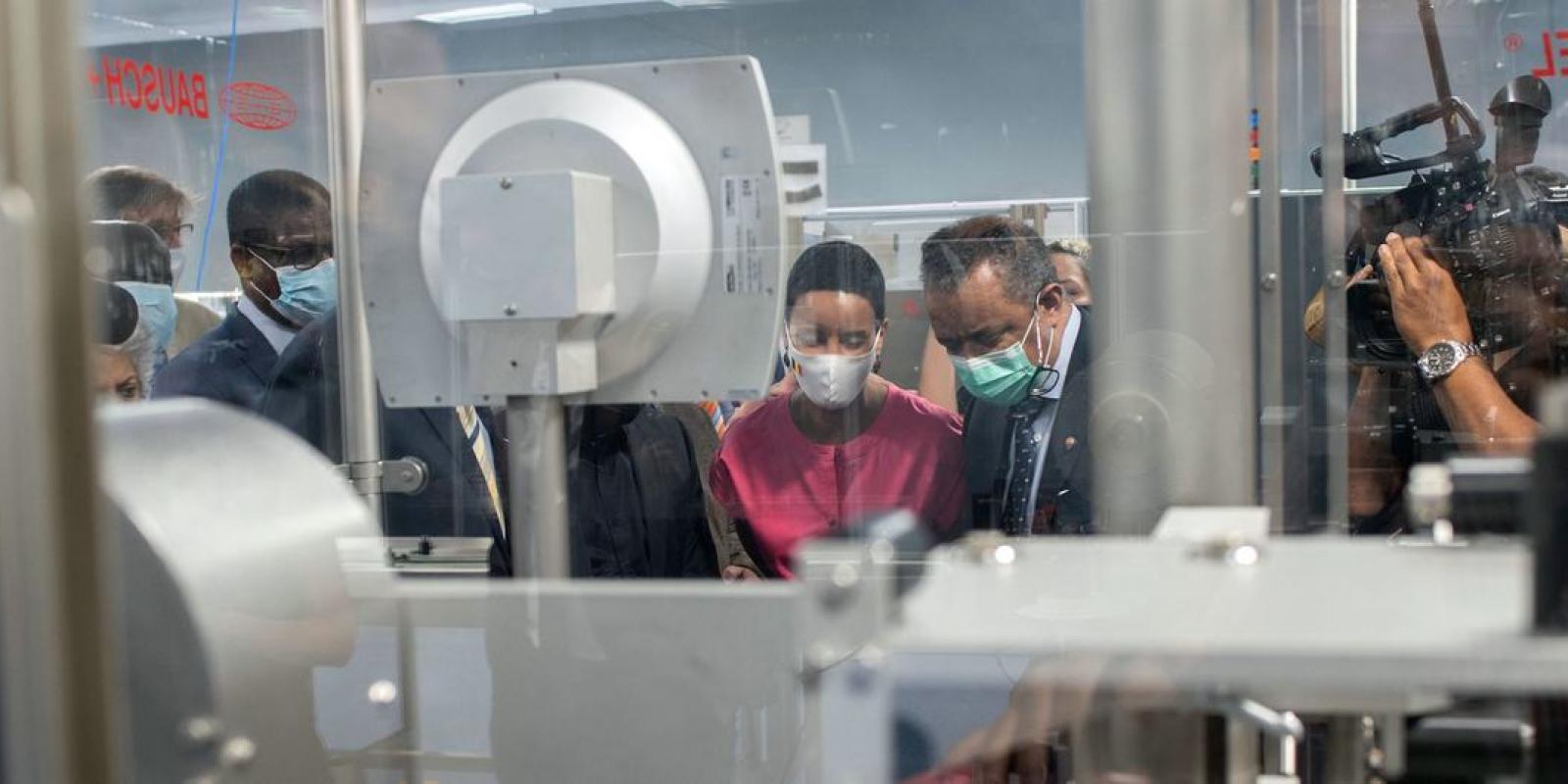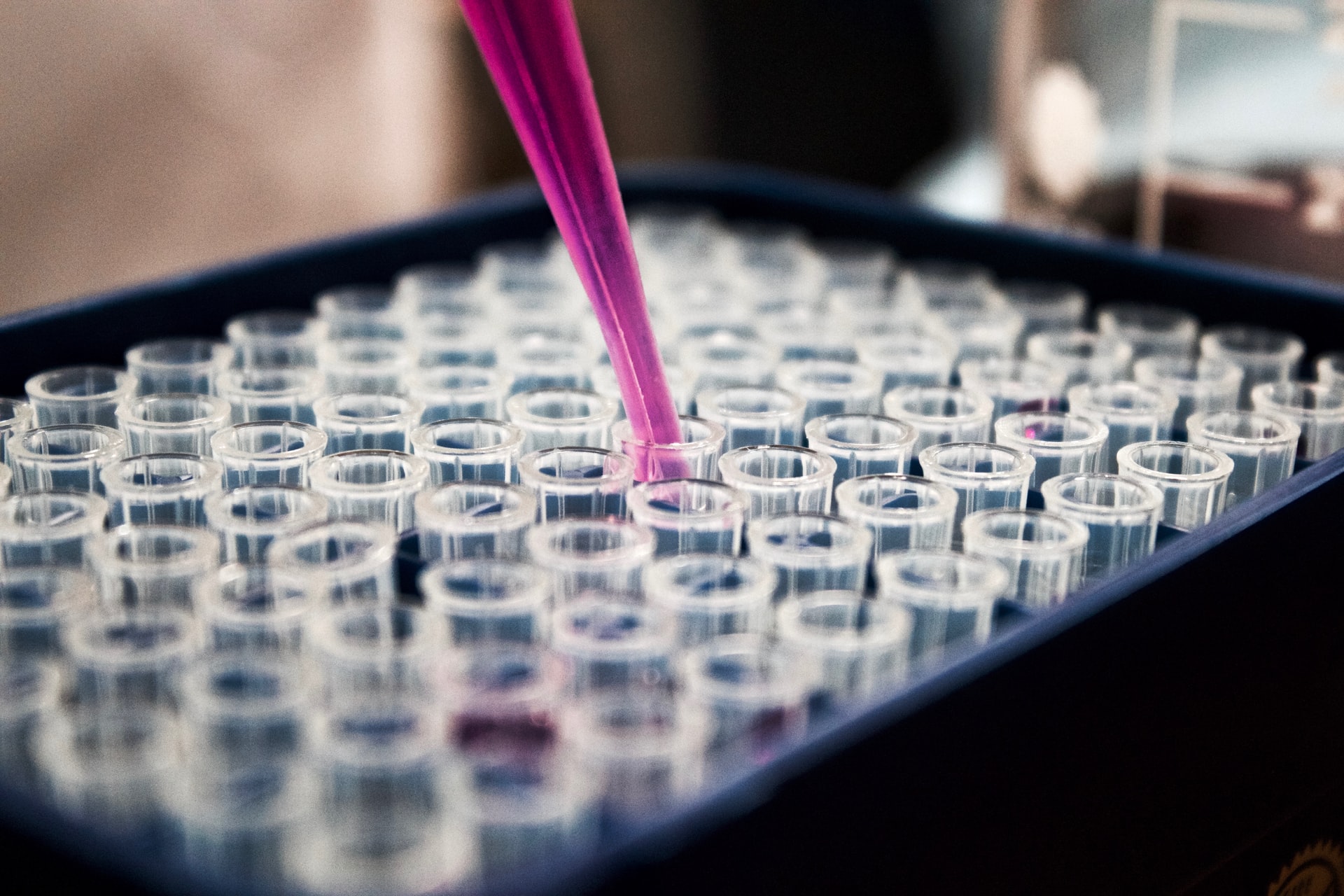“I’ve just returned from South Africa yesterday, where I met with President Ramaphosa and saw first-hand the progress underway”,
WHO chief Tedros Adhanom Ghebreyesus told the virtual COVID-19 Small Group Minister Meeting hosted by the US Department of State.
“The commitment from the government and the private sector is real”.
Precarious situation
The WHO chief warned that high vaccine coverage in some countries, combined with the lower severity of the Omicron variant, is driving a false narrative that the pandemic is over.
At the same time, low vaccine coverage and low testing rates in other States are creating ideal conditions for new variants to emerge, he warned.
“We can bring the pandemic under control this year – but we are at increased risk of squandering that opportunity."
Currently, 116 countries are off track to reach the global target of vaccinating 70 per cent of every country’s population by the middle of this year.
“Through the ACT Accelerator and the COVAX pillar and our partnership with UNICEF, we are now overcoming some of the supply and delivery constraints we faced last year, with more than one billion vaccine doses shipped”,
said the WHO chief. However, he added that in many countries,
“the issues are not primarily a problem of absorptive capacity”.
“We need to urgently support political leaders to accelerate the rollout of vaccines”,
Tedros said.
Three asks
While welcoming the ongoing engagement of those nations attending the meeting, the lines of effort proposed by the United States, and the continued alignment of the ACT Accelerator with the African Vaccine Acquisition Trust (AVAT), he made three requests.
I used the opportunity to also ask countries to:
— Tedros Adhanom Ghebreyesus (@DrTedros) February 14, 2022
1️⃣ help us vaccinate the world & support @WHO’s global target of 70%
2️⃣ contribute their fair share to fully fund the @ACTAccelerator
3️⃣ support the mRNA technology transfer hub for local production https://t.co/wf7ScZ3gx1
First, he urged universal support for WHO’s 70 per cent global vaccination target.
Secondly, to save lives now, he implored every country to “contribute their fair share” to fully fund the ACT Accelerator – especially $16 billion for immediate needs.
And finally, the WHO chief requested support for models, such as the mRNA technology transfer hub in South Africa and its “network of spokes around the world”, to build capacity for controlling COVID-19 and other preventable diseases.
Ending the pandemic
The top WHO official spoke again of the collaborative work he witnessed at the Hub and how vaccine developers are participating in the historic effort, naming Afrigen, Biovac, and the Biomedical Research Institute at Stellenbosch University.
“Fostering local vaccine manufacturing capacity throughout the globe, supplemented by temporary intellectual property waivers for COVID-19 tools, will help bring this pandemic to an end and keep us all safer”,
he said.
By working together, across the public and private sectors, Tedros upheld that the pandemic can be brought under control while driving an inclusive and sustainable recovery.
In closing, the WHO chief threw his support behind US Secretary of State Anthony Blinken’s recommendations to get more shots into more arms more quickly and strengthen supply chains, while providing access to clear information, training and equipment for all health workers.
Source:







Comments